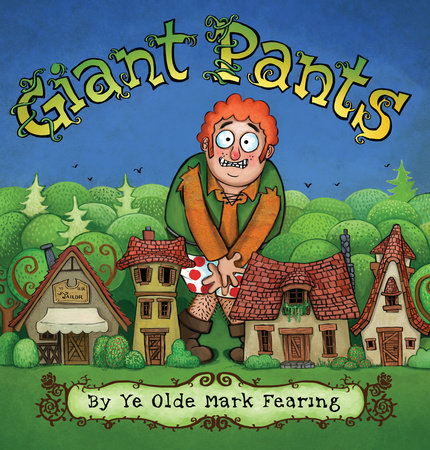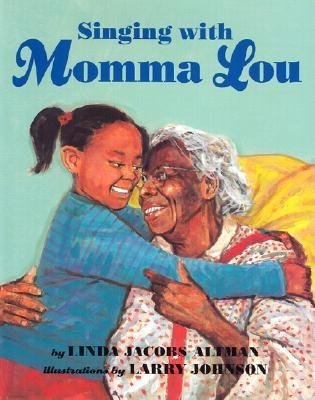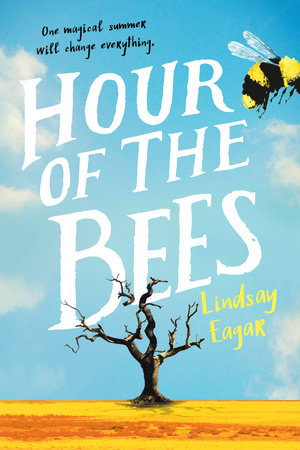Books and Tips to Help Children Understand Alzheimer’s and Dementia
by Lindsay Barrett
Watching a loved one experience the mental, emotional, and eventually physical changes associated with Alzheimer’s disease and other dementias is a heartbreaking struggle for millions of families. Many adults wonder how best to talk to children when it’s a beloved grandparent, relative, friend — or, in devastating younger onset cases, even a parent — with one of these conditions. How do you provide information in a way that fits your child’s particular needs? How can you honor a child’s feelings, especially as he or she copes with the reality that a loved one will not get better?
Experts advise open, supportive communication and continuing to forge relationships between young people and those with Alzheimer’s and other dementias even as the disease progresses. Consider these tips and resources for doing so:
Provide information.
Children are perceptive and inevitably will ask, “What’s wrong?” It may help very young children to compare brain deterioration to other age-related changes, such as vision or hearing loss. You’ll have to be honest, though. Unlike providing glasses or hearing aids, there’s ultimately nothing that can be done to “fix” a loved one’s brain. Reassure children that Alzheimer’s and other dementias are not contagious and were not caused by anyone.
The Alzheimer’s Association provides a Parent’s Guide and resources for older children ready for more detailed information. Will your child want scientific explanations of brain changes? Will he or she be comforted to learn about fundraising and research initiatives, or discouraged that these won’t change your immediate situation? Preview what’s available and share what you think is the best fit without being overwhelming.
Read and talk together.
Children will likely experience a range of emotions — confusion, frustration, fear, anger, resentment, or all of the above. Stories like those below can initiate conversations and help children feel less alone:
-
Giant Pants
Buy from:Belbum the giant is hilariously forgetful, especially when he misplaces his pants and must walk through the village in his polka-dot underwear. His friends are kind and helpful, though, modeling responses applicable to real life. If your child is very young or your loved one’s illness is in an early or moderate stage, conversations on this topic could be a useful first step.
(Ages 3 - 7)Buy from: -
Singing With Momma Lou
Buy from:Nine-year-old Tamika resents her family’s Sunday visits to see her grandmother in her nursing home as her Alzheimer’s progresses, but her perspective changes after she pages through Momma Lou’s old scrapbooks. An old newspaper clipping helps her create one last, special memory.
(Ages 6 - 10)Buy from: -
Just Like Jackie
Buy from:Fifth-grader Robinson Hart is as confident as her baseball namesake when she’s helping her grandfather fix cars or tap sugar maples, but controlling her temper at school isn’t nearly as easy. Besides wrestling with plenty of other pre-adolescent emotions, she’s terrified about her grandfather’s declining memory. When she opens up, however, she learns powerful lessons about empathy and family.
(Ages 8 - 12)Buy from: -
Hour of the Bees
Buy from:Spending the summer before seventh grade cleaning out her grandfather’s drought-ridden sheep ranch so he can move into an assisted living facility is the last thing Carol wants to do. Even as he slides further into his dementia, though, her grandfather’s stories turn out to be more magical than she ever expected.
(Ages 10 - 14)Buy from:
Encourage time together.
Facilitating ways for children to spend time with loved ones with Alzheimer’s and dementia can be healing for everyone, with a supportive approach. Kids may worry, “He’s not Grandpa anymore,” but as expert Dr. Peter Rabins shares, “…you can be a wonderful grandparent and not remember the name of the grandchild you adore. You can be with people you love and enjoy them, even if you’re not following the whole conversation.”
Coaching children to patiently answer the same question multiple times, or accept loved ones’ realities in the moment — if they confuse names or details, for instance — can prepare kids to navigate some of the unfortunate realities of the disease. Experts suggest choosing activities to share that don’t require short-term memory, such as coloring, simple games, taking walks, looking at family photos and sharing old stories, or enjoying music. Help children reflect on their experiences and celebrate connection in whatever shape it can take.
Heartfelt thanks to Dr. Robert Santulli, co-author of The Emotional Journey of the Alzheimer’s Family, and Jeffrey Robbins, L.I.C.S.W. and founder of National Alzheimer’s Buddies, for their input on this article.




